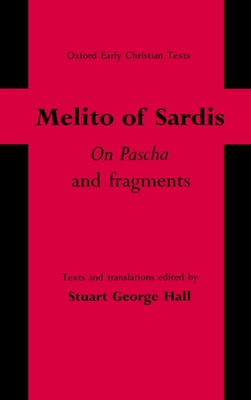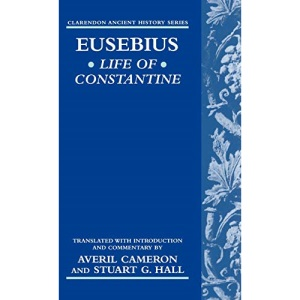Like
Shakespeare, Raphael and Ingrid Bergman, my father, the Reverend Professor
Stuart George Hall, died yesterday on his birthday, 7 June. He had
just completed 95 years alive. Given his age, his visible deterioration over
the last few months and our troubled relationship, I am amazed at how winded I
feel.
Born
to a working-class East London couple, a police constable and a seamstress, he ascended
via scholarships at UCL School and Oxford to a firm niche in the Middle Class. My
feelings about him are complicated. We did not rub along temperamentally, or
rather, were not able to discover if we might have done had we not disagreed
about many important issues. He was the type of man who was loved by all outside the household--his academic colleagues, students and parishioners--but found it hard to be an
emotionally supportive father.
Growing
up in a nuclear family where all decisions need to be referred to an invisible Almighty,
whose views are relayed by his vicarious male agent on earth, is a weird
experience. When I lost all belief in the Christian faith at the age of 13, my
father was incandescent.
He
was not a supporter of feminism (I recall his opposition to the Equal Pay Act
1970). He found it almost impossible to express any pride in my achievements (I
cannot speak for my siblings). He was slow to anger, but his infrequent
outbursts of rage were terrifying. He was no domestic democrat, and was absolutely
furious when in my teens I began addressing everyone in the family as “Citizen”.
I
did have it out with him after our mother died in 2016. Although he did not
apologise, he acknowledged that he could have made much more of an effort to be
supportive. Our recent last meeting, attended
by his new wife and my husband, entailed real, affectionate communication and
was, I am glad to say, unprecedentedly warm and friendly.
And
there are many things I owe to him, besides a firm jawline and an absurdist
sense of humour.
He
never embraced bourgeois values and when tired started to sound a little like the East-End boy he had been. Childhood interactions with his large circle
of working-class relatives irrevocably shaped my politics. He hated racism and
I was absolutely inspired at about the age of ten when he rebuked some distant
relatives from the Texas Bible belt who had used derogatory language about
African Americans.
He
had a great sense of fun when he allowed himself to express it, and composed hilarious
poems to divert his children when things were boring (as they often were in
the 1960s). We used to drive all the way to Scotland at least three times a
year. I adored his epic about Romans on Hadrian’s Wall, of which, sadly, I can
only remember four lines, with deliberately tortuous rhymes:
Send us the Scots and we will fight 'em.
We are stationed at CorstopItum.
Send us the Picts and we will fix 'em.
We are stationed half a mile from
Hexham.
He
loved cats and we had long, jokey conversations, which I remember almost daily, about what
different tail shapes and positions might signify. He was the best shoe-shiner
in history, and I can polish black leather boots to a radiant gloss.
I
learned how to give a decent lecture by comparing his riveting sermons with
those by the usual verbose and uncharismatic C of E preachers. Never more than
ten minutes, a simple, lucid argument, improvised without any notes; sustained
eye contact and clear diction, at least one joke and always a ringing quotation
from the best prose in the King James Bible. It is down to him also that I know
most of the Old Testament backwards.
He
taught me my first steps in Greek by helping me decode the first sentence of
John’s gospel and explained why ‘Beginning’ had no definite article. His own
academic publications set a lofty bar on clarity, elegance and meticulous
scholarship that I have tried hard to emulate.
I
am so completely my father’s daughter that I feel intense sadness at the many
things that kept us apart emotionally. That is my sincere final message to him,
if he can hear me after death, as, in his piety, he was convinced he would be
able to forever.






